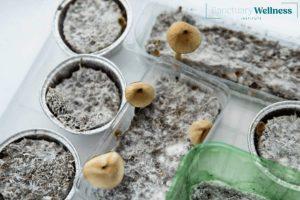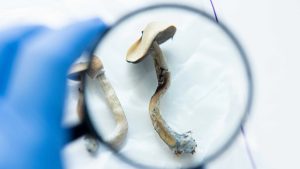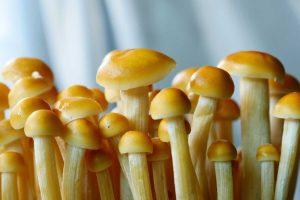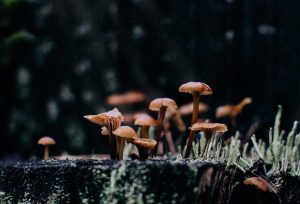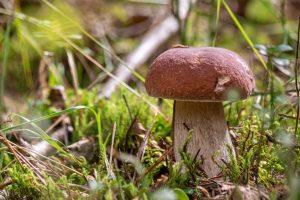How to Make Magic Mushroom Tea
- Jake Peter
- Published: January 31, 2022
- Updated: July 1, 2024
- Fact-checked by Dr. Desiree Granados
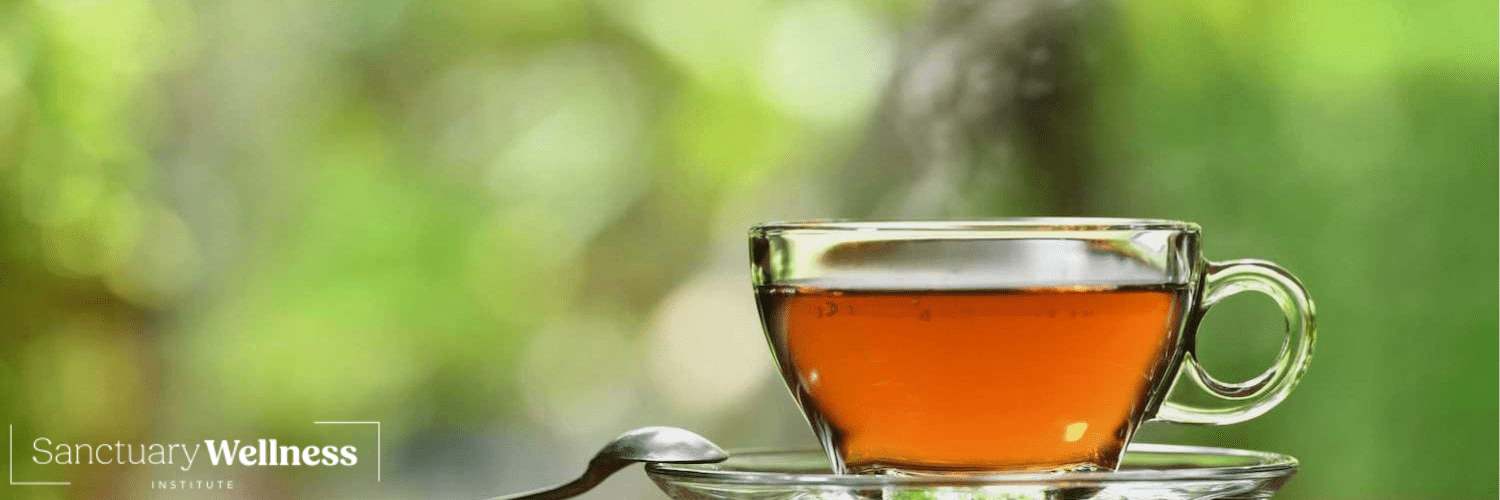
Magic mushrooms, known for their natural antidepressant, anti-addictive, and pro-social benefits, are gaining interest for their potential to improve overall mental health. One popular method of consumption is psilocybin tea, which offers a convenient and enjoyable way to ingest these beneficial fungi. Psilocybin, the primary psychoactive component, is quickly broken down into psilocin by stomach acids, and its effects typically last no more than six hours per dose.
What Is Psilocybin Tea?
Psilocybin tea is a drink made from the psychoactive mushroom psilocybe. The tea is made by boiling the mushrooms in water, then straining the liquid and drinking it. Psilocybin tea has been used for centuries in religious ceremonies and healing rituals. Today, it is also being explored for its potential therapeutic benefits in mental health treatments.
Research is increasingly showing that psilocybin can help alleviate symptoms of depression, anxiety, PTSD, and other mental health conditions. Clinical trials have demonstrated its efficacy in creating profound and lasting positive changes in mood and cognition. As the stigma around psychedelic substances decreases, psilocybin tea is gaining recognition not just as a spiritual tool, but as a legitimate treatment option in modern medicine.
How to Make Psilocybin Tea
Making psilocybin tea requires only a few simple steps, but it is important to follow them carefully for the best results.
What You’ll Need:
- Dried or fresh magic mushrooms (1-2 grams per cup of tea)
- Water (1 cup per serving)
- Pot for boiling water
- Tea bag or loose leaf tea of your choice
- Strainer or cheesecloth
- Optional: Lemon juice, honey, ginger, or other flavorings to taste
Step-by-Step Instructions:
- Begin by weighing out the desired amount of dried or fresh magic mushrooms. A typical dose is 1-2 grams per cup, but it is best to start with a lower dose and adjust as needed.
- In a pot, add the desired amount of water for the number of servings you plan to make.
- Bring the water to a simmer, not a full boil. Too high of heat can damage the psilocybin compounds.
- Once the water is simmering, add in your measured mushrooms and let it continue to simmer for 15-20 minutes, stirring occasionally.
- Turn off the heat and strain out the mushroom pieces using a strainer or cheesecloth into a separate container.
- Let the tea cool down slightly and then add in your choice of tea bag or loose leaf tea to steep for a few minutes.
- Add in any desired flavorings like lemon juice, honey, or ginger.
- Once the tea has cooled down to a drinkable temperature, it is ready to serve and enjoy.
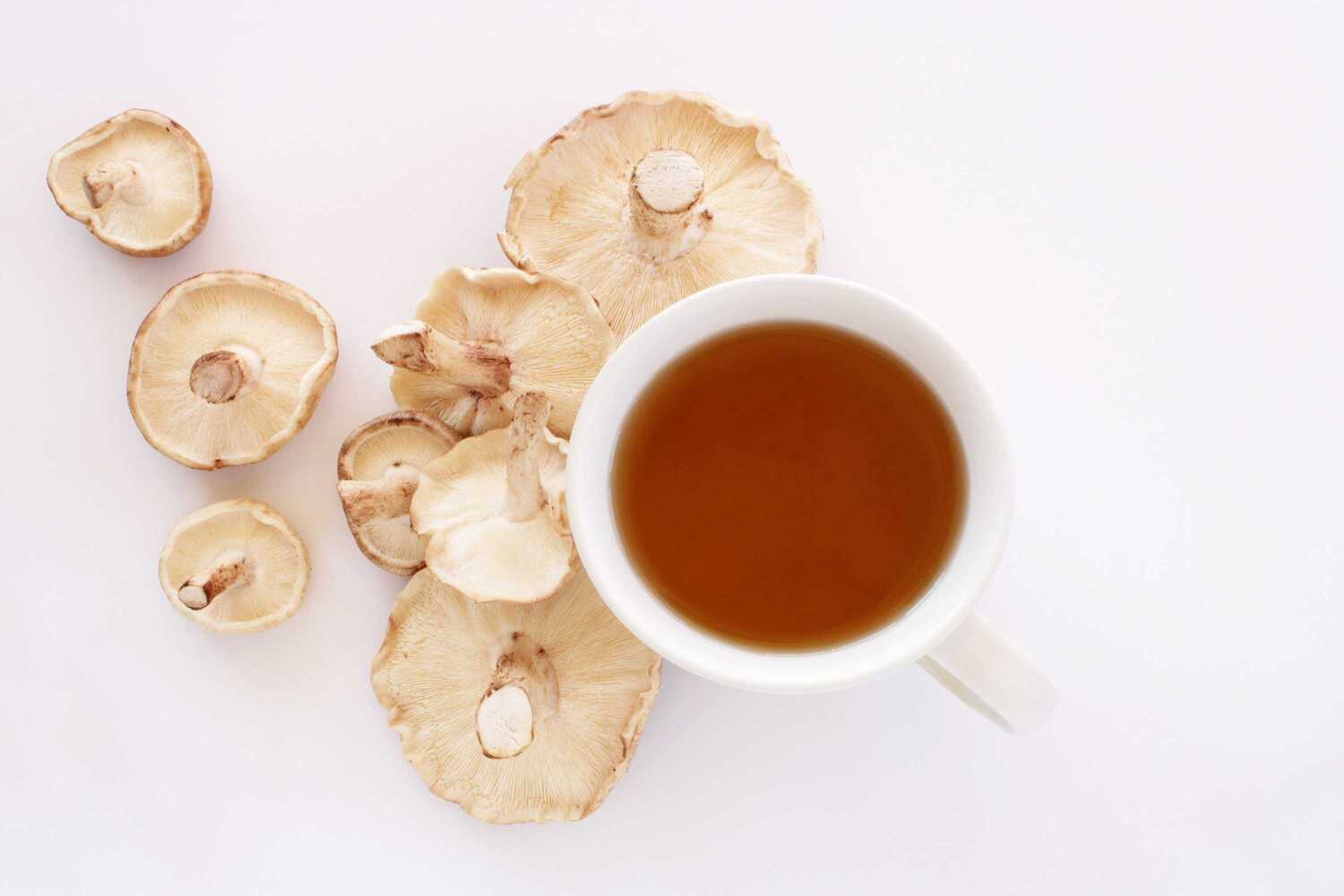
What are the Effects of Psilocybin Tea?
The effects of psilocybin tea can vary depending on the person. Some of the effects may include euphoria, relaxation, altered thinking, and spiritual experiences. Some users reported feeling very introspective. When drinking the tea, you might initially experience a sense of calm and a slight change in perception. As the effects build, visual and auditory sensations may become more pronounced, and time may seem to slow down.
The strength of the experience can vary based on the dosage and individual sensitivity, with effects typically lasting between 4 to 6 hours. For some, these effects can be quite intense, leading to profound insights and emotional releases. Even after the effects of the psilocybin tea have worn off, some people report long-lasting changes in their mood and perspective.
How to Dose Psilocybin Tea
The recommended dose for psilocybin tea is 1.5 to 2 grams. This can be achieved by using 2 to 3 grams of fresh psilocybin mushrooms or 0.5 to 1 gram of dry mushrooms. However, factors such as weight, sex, individual tolerance, and overall health can also influence the appropriate dosage. Always start with a lower dose to assess your response and consult a healthcare professional if unsure.
What Are the Risks of Mushroom Tea?
There are some risks associated with psilocybin tea, but they are generally considered to be mild. The primary side effects stem from consuming too much psilocybin, which can result in:
- Nausea
- Vomiting
- Dizziness
Additionally, psilocybin can induce psychological side effects in some people, including:
- Anxiety
- Paranoia
- Confusion
- Hallucinations
- Emotional instability
It’s important to start with a low dose and increase it gradually if needed to minimize these potential side effects. Always approach psilocybin use with caution and be aware of the possible psychological and physical impacts.
Conclusion
The best thing about the recipe for psilocybin tea is that it’s easy to follow and doesn’t require any advanced cooking skills. You can make a batch of psilocybin tea in less than 10 minutes with little to no mess. Then, for the next few hours, you can be free from your thoughts, worries, and stresses, all while enjoying a mind-bending cup of tea. At The Sanctuary Wellness Institute, we care deeply about your health and wellness, ensuring you have the best experience possible.
How we reviewed this article:
- Matthew W. Johnson and Roland R. Griffiths (2017). Potential Therapeutic Effects of Psilocybin
https://www.ncbi.nlm.nih.gov/pmc/articles/PMC5509636/ - S. Srakocic (2022) The Effects, Risks, and Potential Health Benefits of “Magic Mushrooms”
https://www.healthline.com/health/drugs/what-are-shrooms - Albert Garcia-Romeu, Frederick S Barrett, Theresa M Carbonaro, Matthew W Johnson, and Roland R Griffiths (2021). Optimal dosing for psilocybin pharmacotherapy: Considering weight-adjusted and fixed dosing approaches
https://www.ncbi.nlm.nih.gov/pmc/articles/PMC8056712/ - Akhila Yerubandi, Jennifer E. Thomas, N. M. Mahmudul Alam Bhuiya, et al (2024). Acute Adverse Effects of Therapeutic Doses of Psilocybin A Systematic Review and Meta-Analysis
https://jamanetwork.com/journals/jamanetworkopen/fullarticle/2817352
Current Version
July 1, 2024
Written By
Jake Peter
Fact-checked By
Dr. Desiree Granados
Editorial Process
Our Editorial Process
First Published
January 31, 2022
Written By
Jake Peter
Fact-checked By
Dr. Desiree Granados
Editorial Process
Our Editorial Process

Jake Peter received his journalism degree from Emerson College and has been writing content for the Sanctuary Wellness Institute since 2021. He is passionate about all things cannabis.

